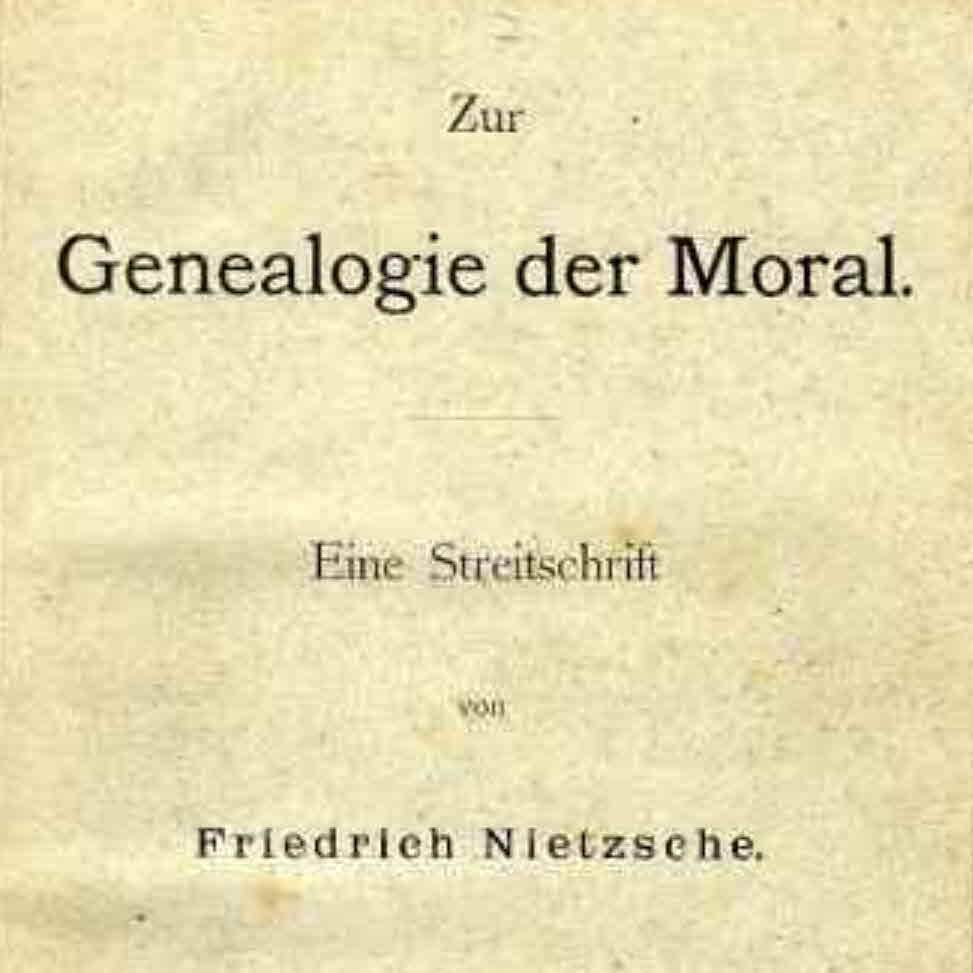
"Man will desire oblivion rather than no desire at all"
- On The Genealogy Of Morals
by Friedrich Nietzsche

"Man will desire oblivion rather than no desire at all"
- On The Genealogy Of Morals
by Friedrich Nietzsche

Nietzsche is still so so contemporary, even though this was first published in 1887.
This essay is a clear explaination of why people act the way they act in their everyday life... is it because they really feel like doing something or because the enviroment they've lived in since they were born told them so? Religion plays a big role in it, but it doesn't matter whether you are a believer or not, it still tells you a lot about our culture.